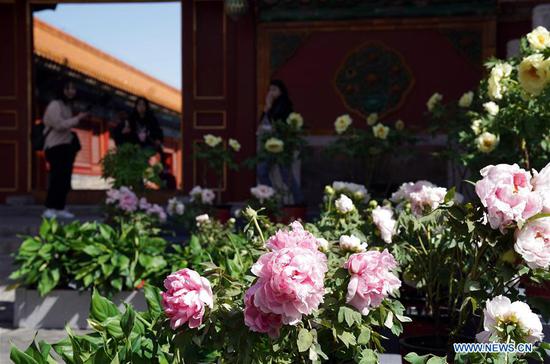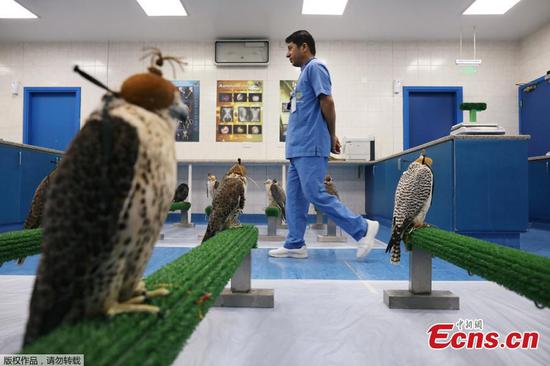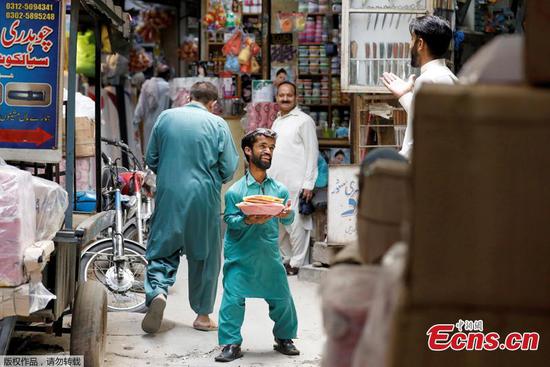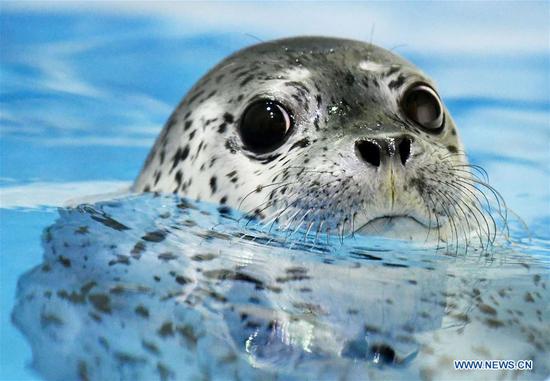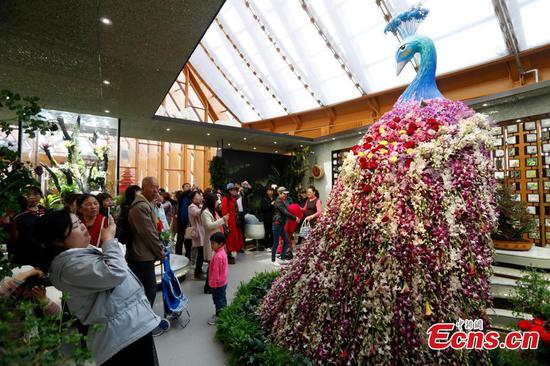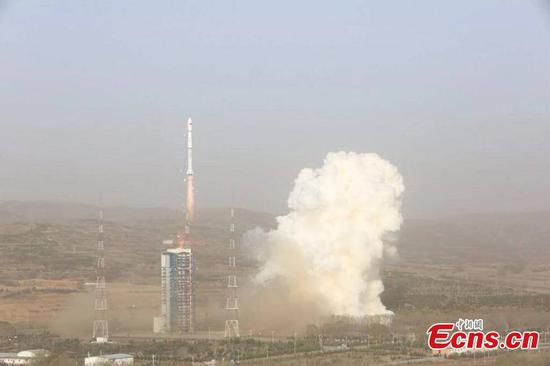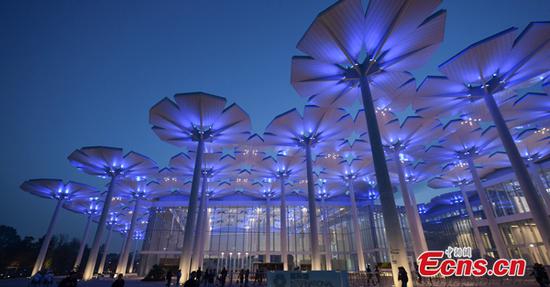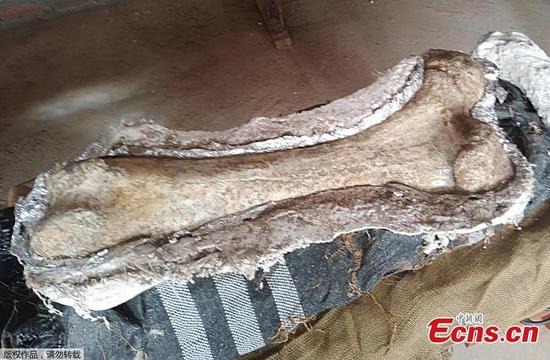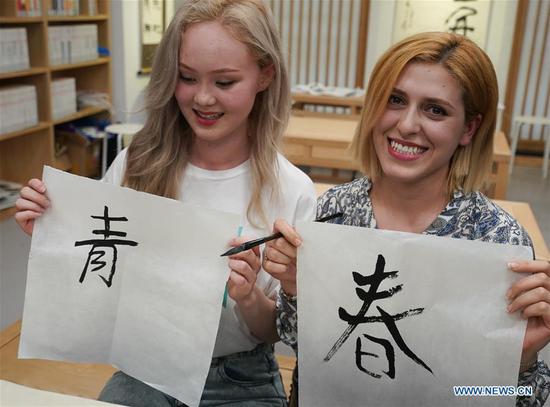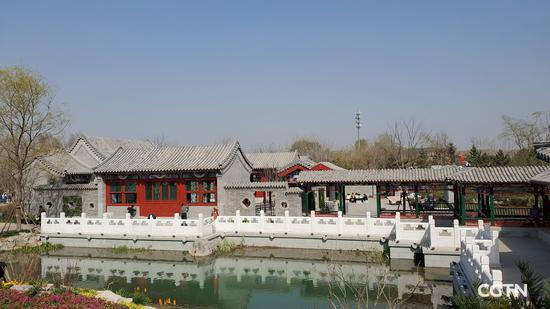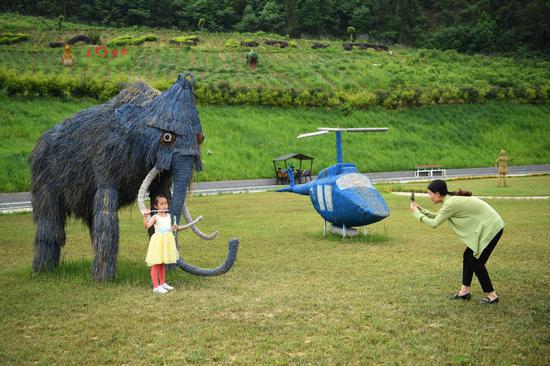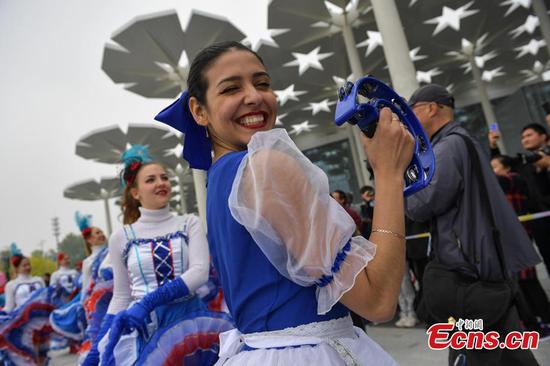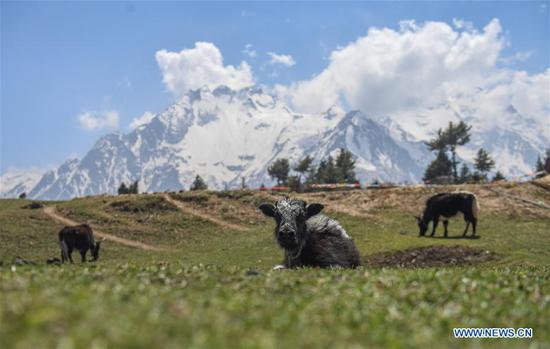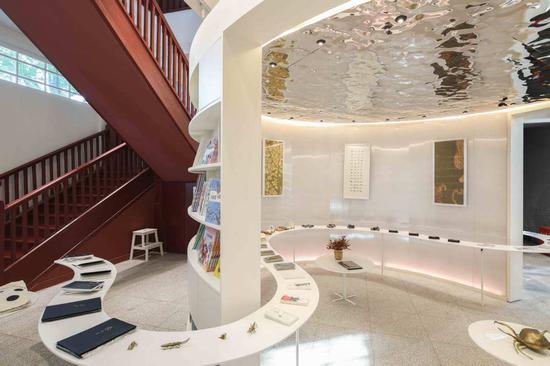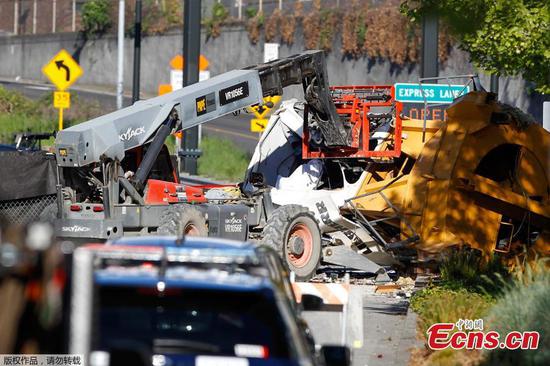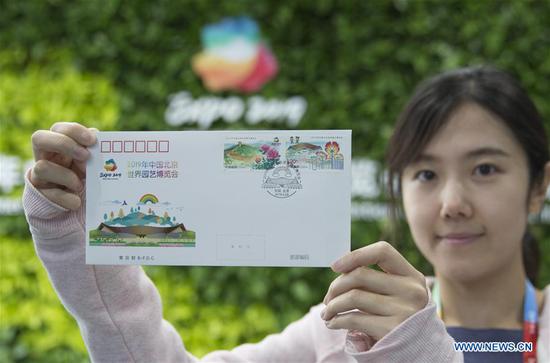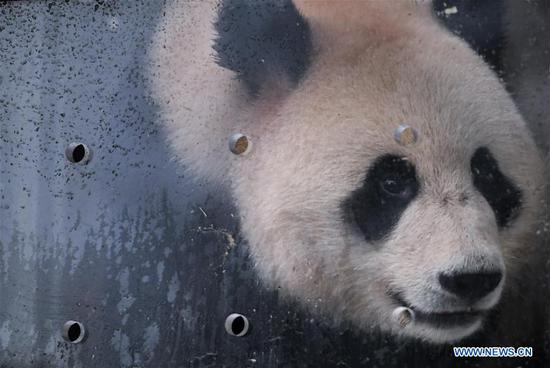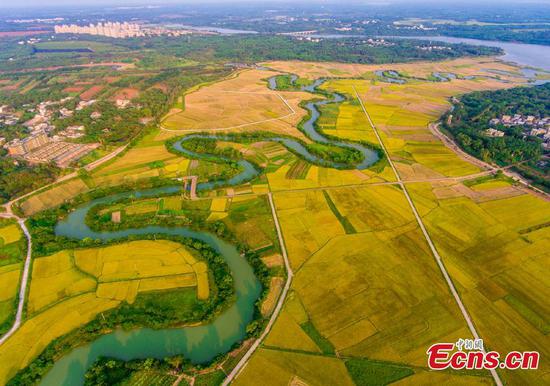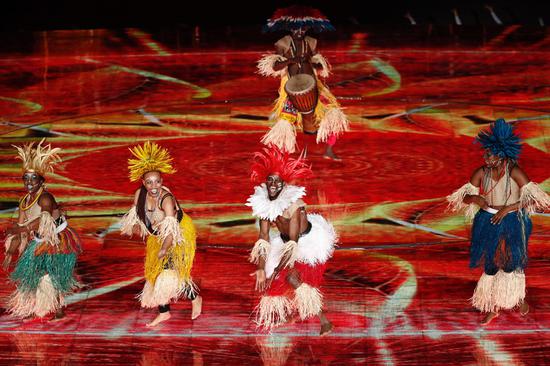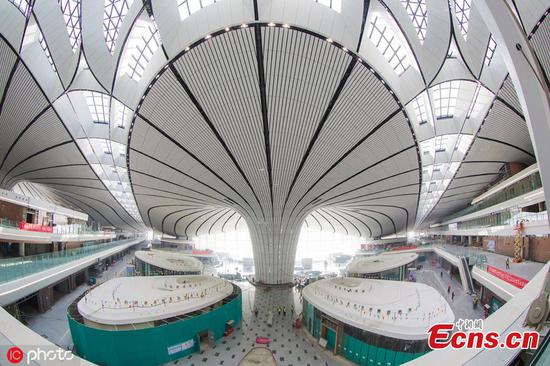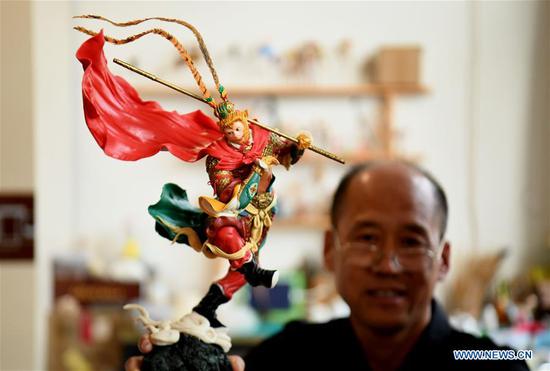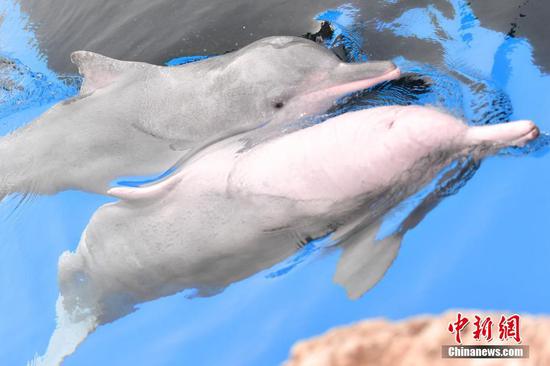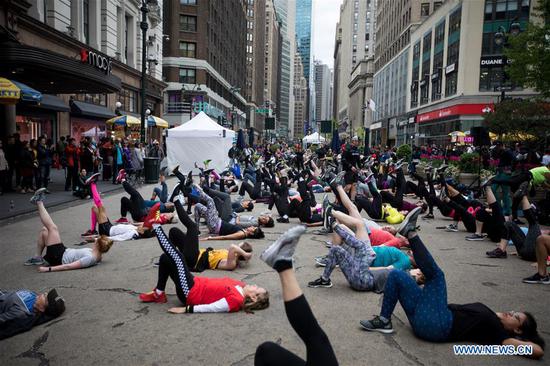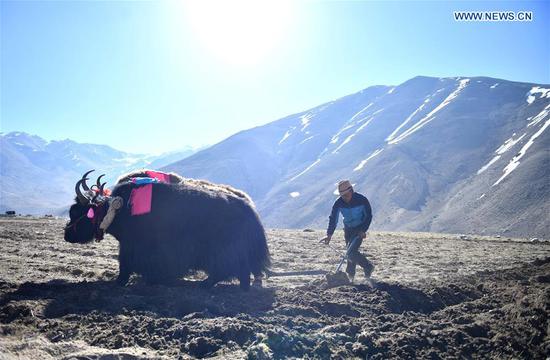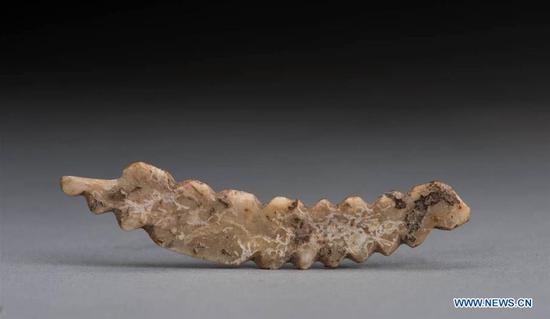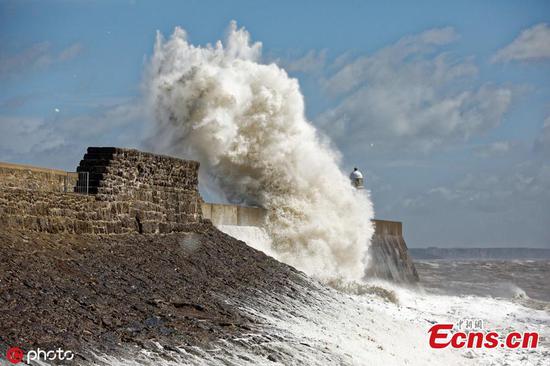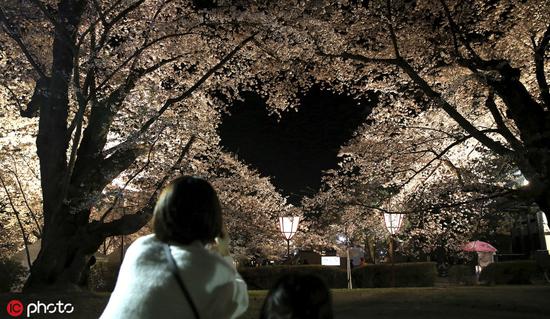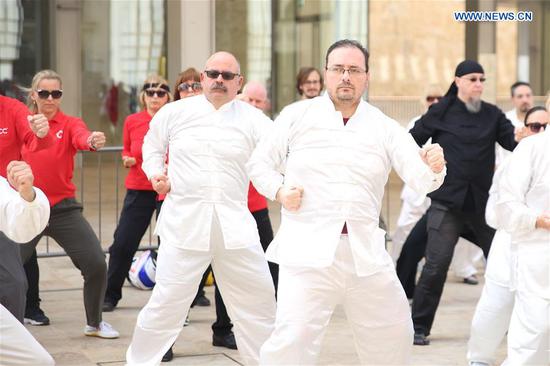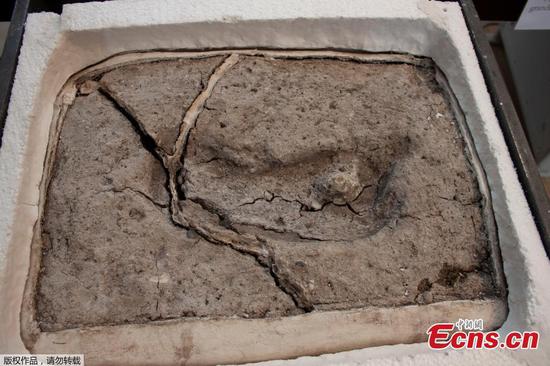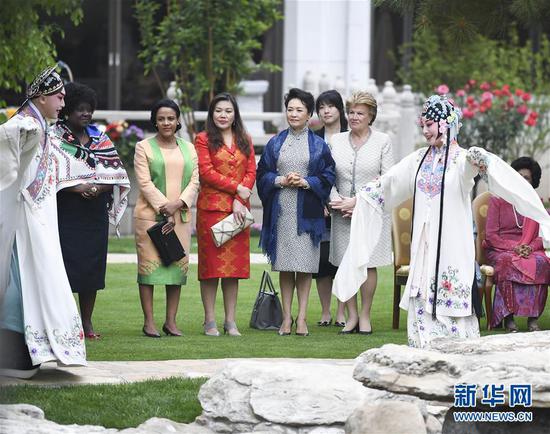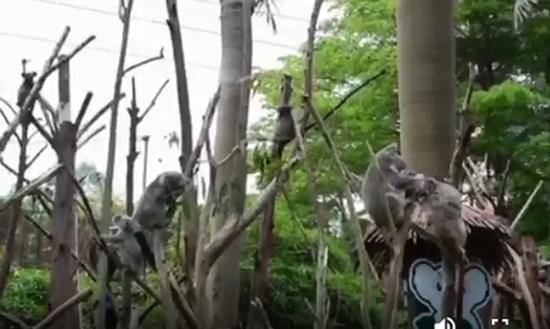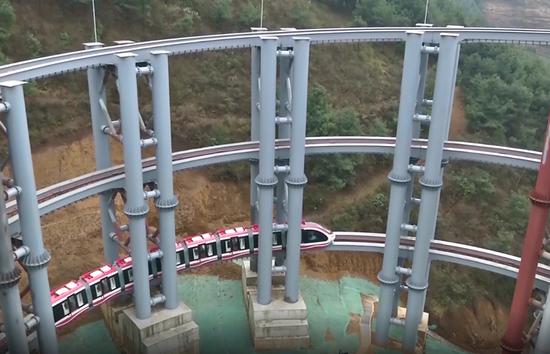Park brainchild
The newly established International Fisheries Industrial Park, which opened on April 12 in Wickliffe, a town of 700 people in Kentucky, is a public-private partnership aimed at reducing local Asian carp populations while creating a zero-waste food production chain.
The park is the brainchild of Angie Yu, founder and president of Two Rivers Fisheries.
Yu came up with the idea of cashing in on the battle against the Asian carp, and in 2011 founded Two Rivers Fisheries in Wickliffe, just south of where the Mississippi and Ohio rivers meet.
Yu has a knack for turning waste into profit. She once developed a business that turned discarded crab and shrimp shells into glucosamine, a popular supplement used to treat joint pain.
In Iceland, where lumpfish were discarded after their roe was removed for caviar, she exported the leftover fish to China.
Two Rivers Fisheries began processing and exporting carp in 2013. Last year, the company processed about 1.17 million kg of the fish. This year, it processed nearly 590,000 kg in the first quarter. Since starting operations, it has processed 4.53 million kg of carp.
It is the leading fish exporter by volume in Kentucky.
As the state was looking for innovative ways to tackle the Asian carp problem, Kentucky awarded Yu its first-ever fish house contract in fall last year. Under the deal, Yu's Kentucky Fish Center will buy Asian carp at a guaranteed price, with part of this coming from a government subsidy.
All fish at the center will be sold by auction to buyers in the U.S. or overseas. Sales will be overseen by the Kentucky Department of Fish and Wildlife Resources.
Kentucky provided a secured $734,000 fixed-assets loan to help the center begin operating. Additional incentives will be awarded every year based on performance.
The center needs to reach certain goals: to remove 2.26 million kg of Asian carp from Kentucky waters this year and increase that amount gradually to just over 9 million kg annually by 2024. If those goals are met, the loan will be waived.
The entire program will cost Kentucky about $4 million.










